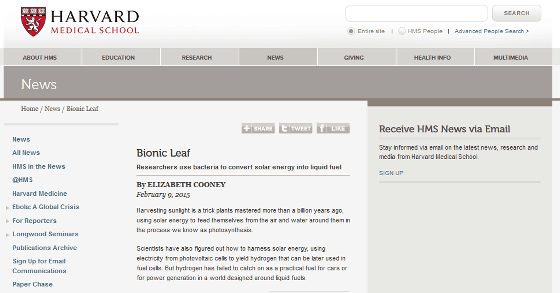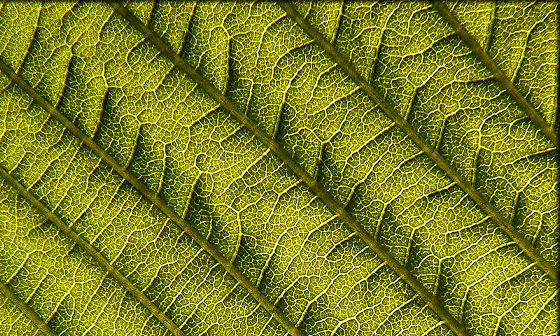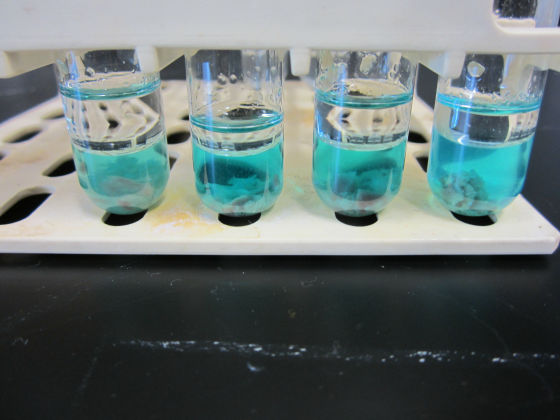Technology to generate liquid fuel from solar energy using artificial leaves and bacteria

By
A joint research team consisting of researchers from Harvard University and Harvard Medical School develops technology to produce liquid fuel from solar energy, as energy consumption increases and the shortage of energy resources is seen as the world's population grows Did. The developed technology incorporates a new attempt to use artificial leaves and bacteria that are not natural but made by human hands.
Bionic Leaf | HMS
http://hms.harvard.edu/news/bionic-leaf

Efficient solar-to-fuels production from a hybrid microbial–water-splitting catalyst system
http://www.pnas.org/content/112/8/2337
A joint research team at Harvard University and Harvard Medical School developed a technology to convert solar energy into liquid fuel using artificial leaf bacteria. Artificial leaves use a special catalyst to break down water into hydrogen and oxygen using solar energy, and supply hydrogen to bacteria in the artificial leaves. The bacteria convert hydrogen and carbon dioxide into liquid fuel 2-propanol .

By
At the core of the developed technology is Ralstonia eutropha, a kind of bacteria that oxidizes hydrogen to obtain the energy necessary for survival. The joint research team succeeded in producing 2-propanol by placing artificial leaves containing Ralstonia and Eutropha in a container filled with an aqueous solution of liquefied hydrogen and carbon dioxide. Experimental results have shown that 216 milligrams of 2-propanol can be produced from 1 liter of water.
The goal of the joint research team is to strengthen the ability of artificial leaves to produce more 2-propanol. Actually, how much production capacity we are going to strengthen is to raise the current production efficiency of 216 milligrams from 1 liter of water to about 5 times the energy efficiency of photosynthesis that produces and burns biomass .

By Colin Burnett
Attempts to create fuel from solar energy using Ralstonia and Eutropha are not the first in the world, but a series of processes to produce liquid fuel from sunlight developed by the joint team will be the first in the world. Although it seems that it is not yet at a practical level, there is a possibility that it can improve the environmental situation where there is a shortage of energy resources and global warming, and future research is expected.
Related Posts:
in Science, Posted by darkhorse_log







